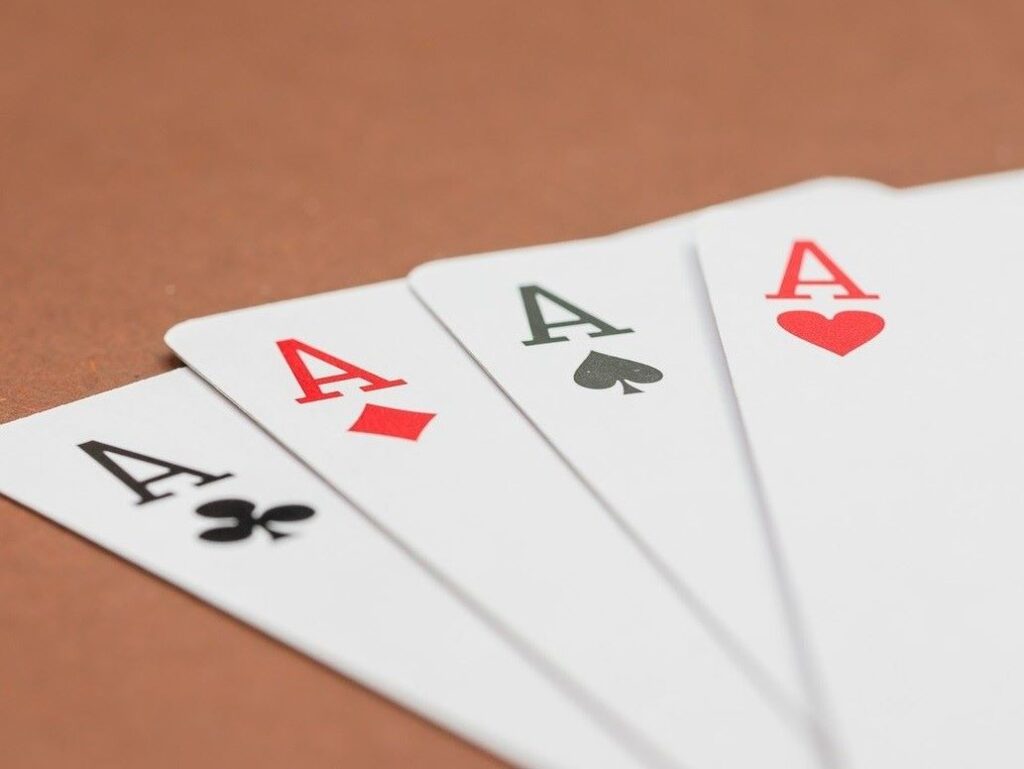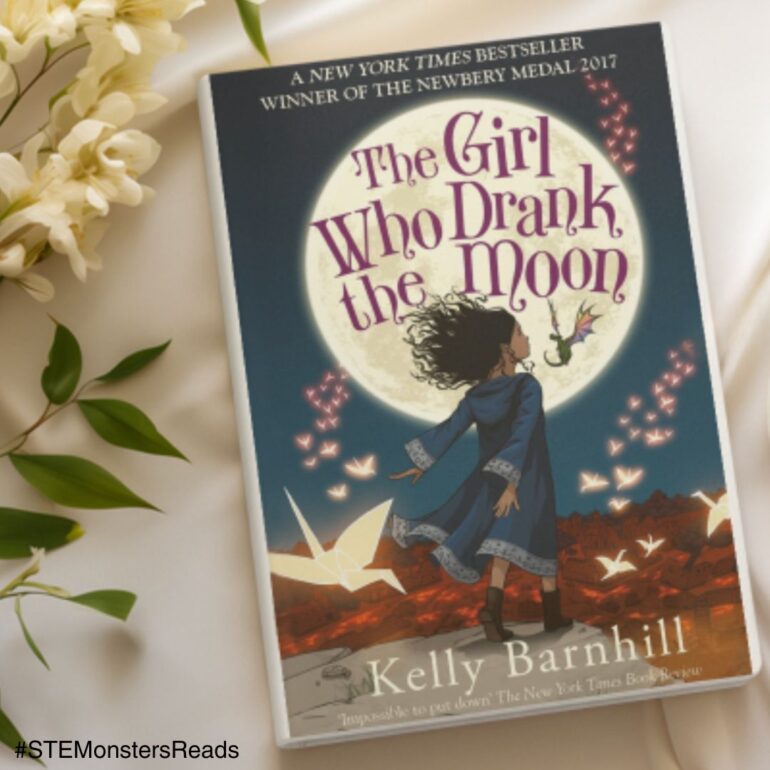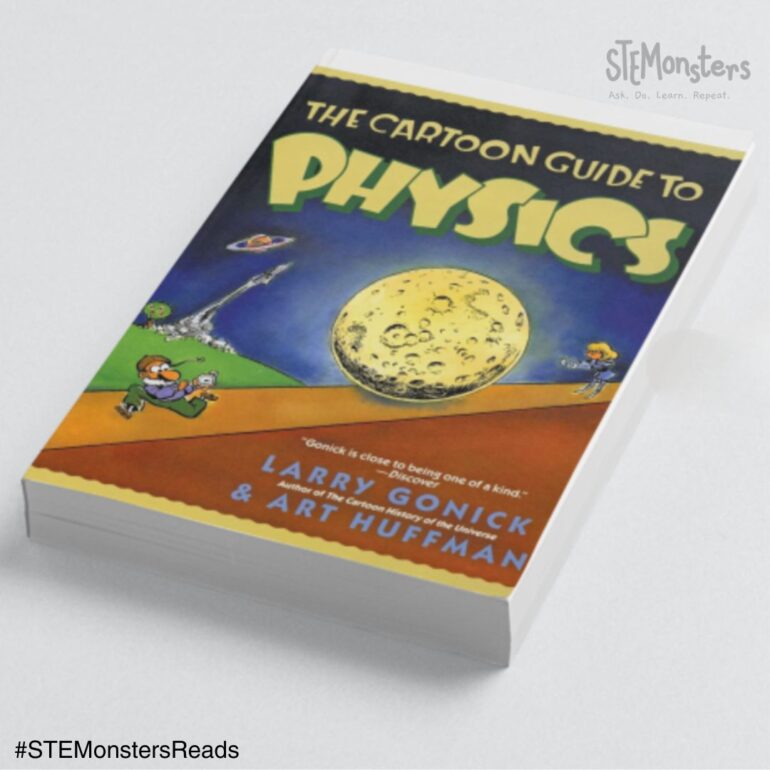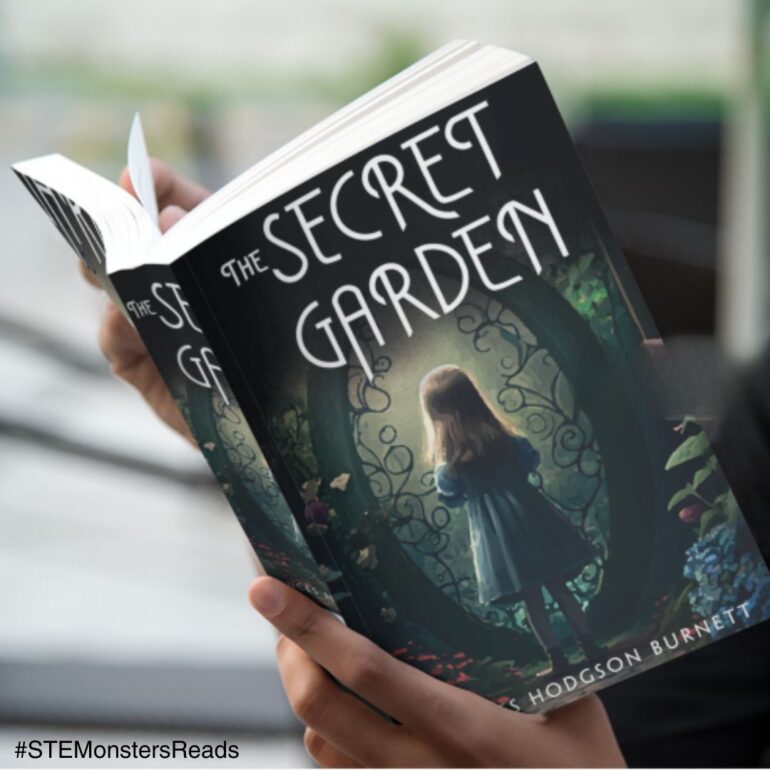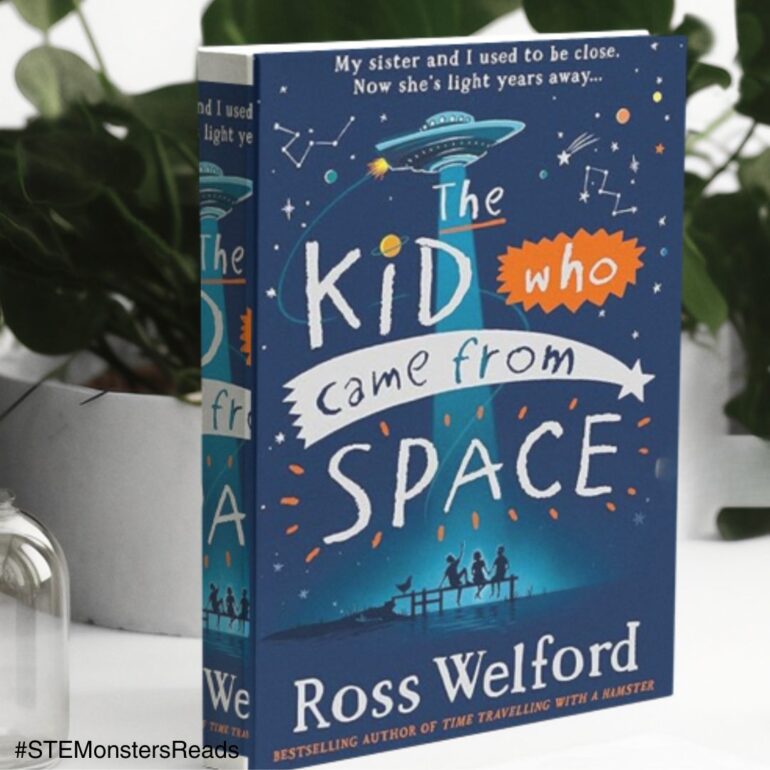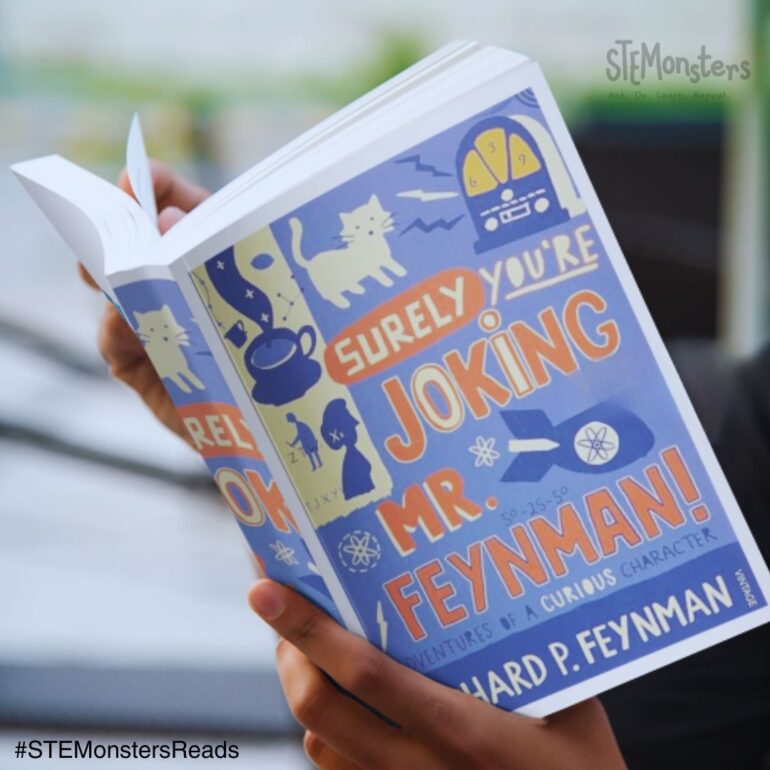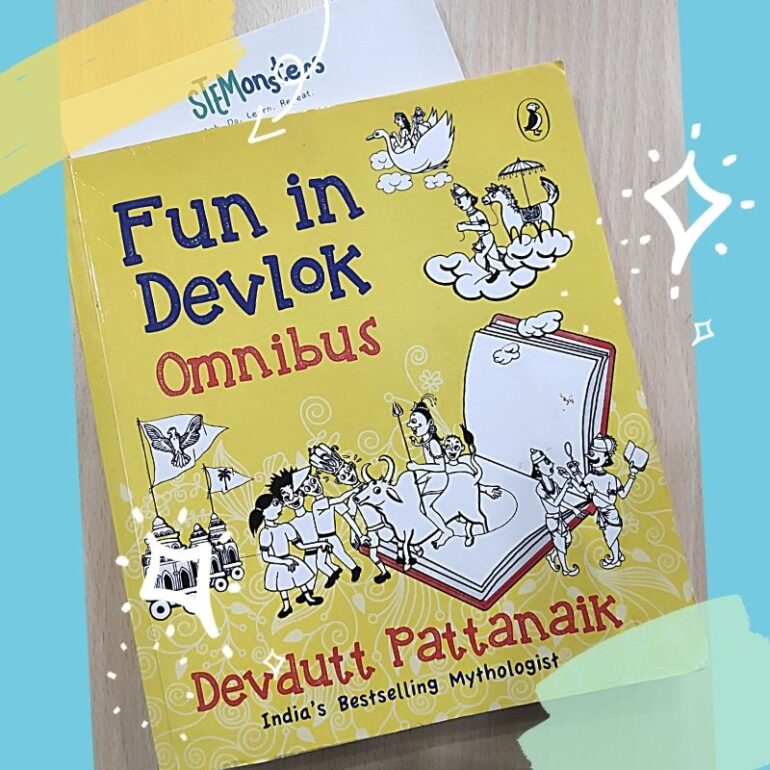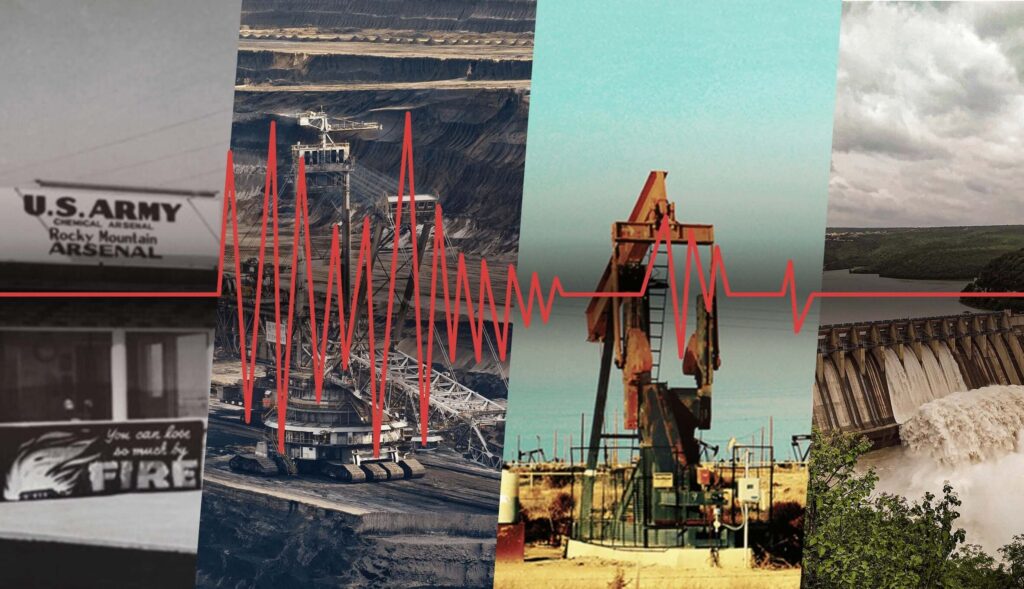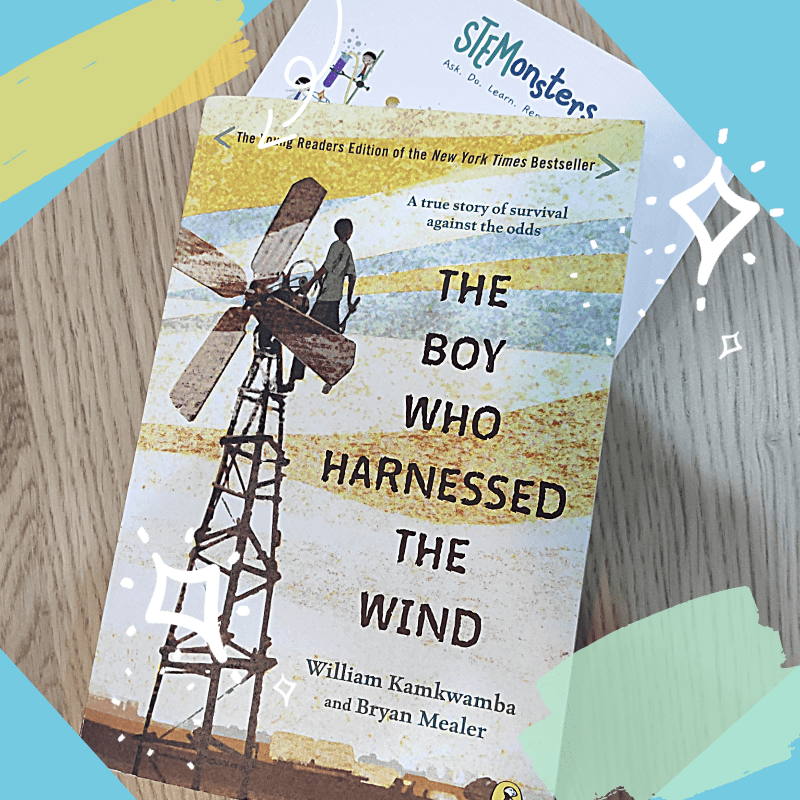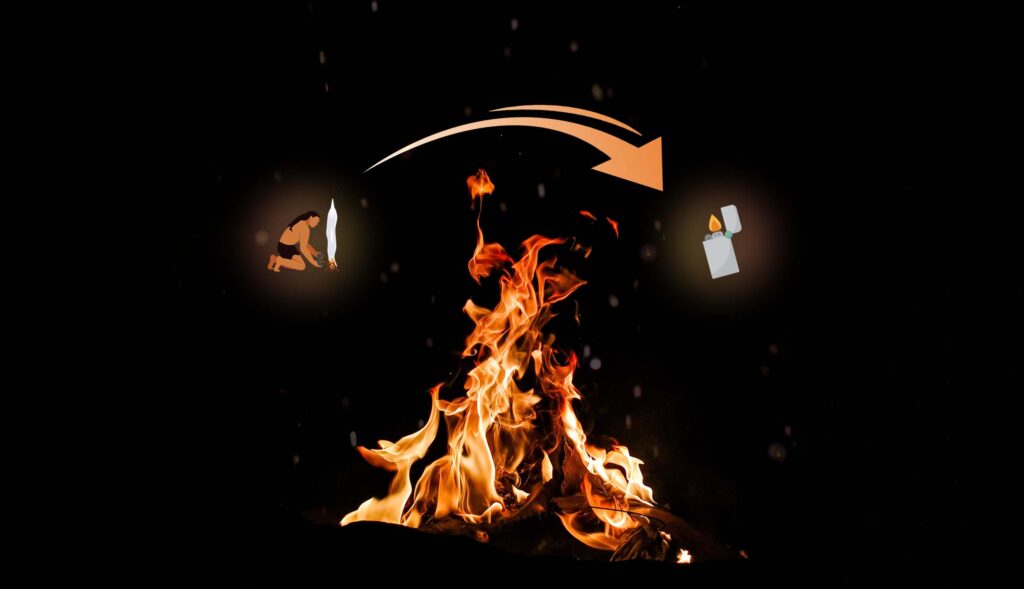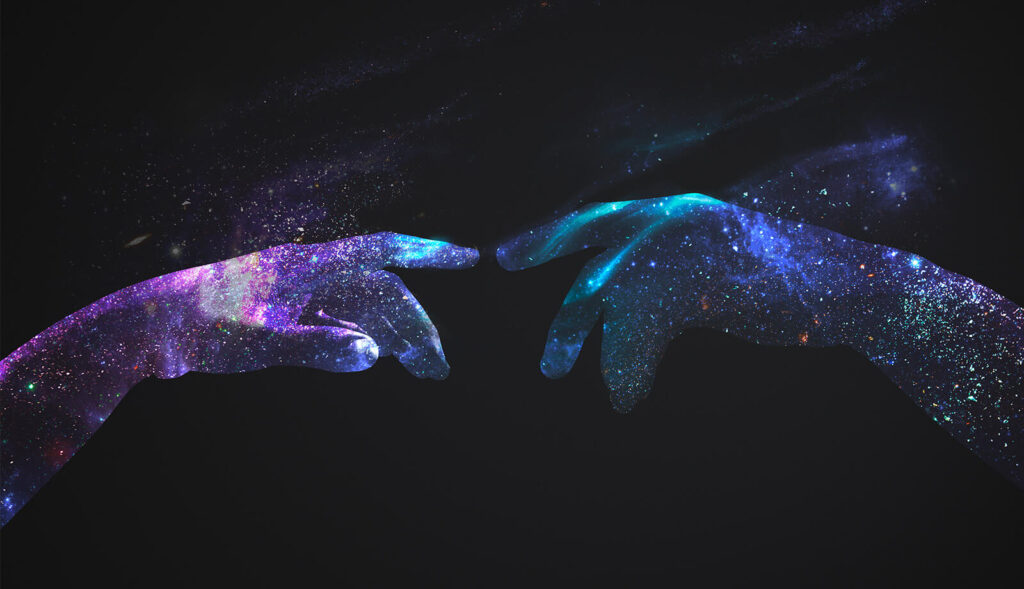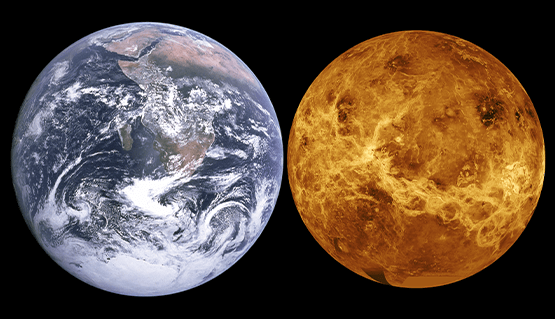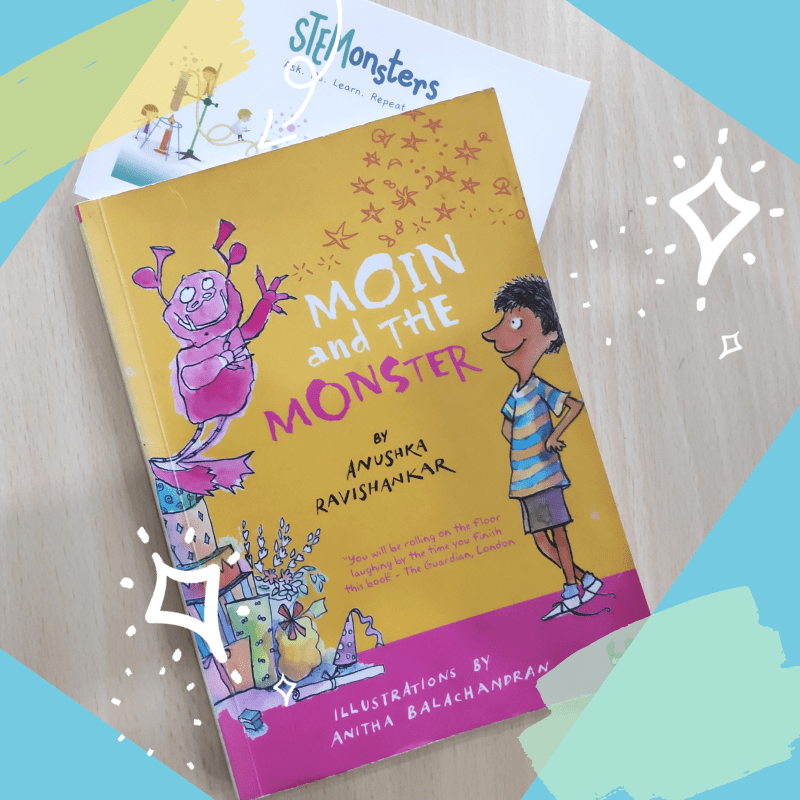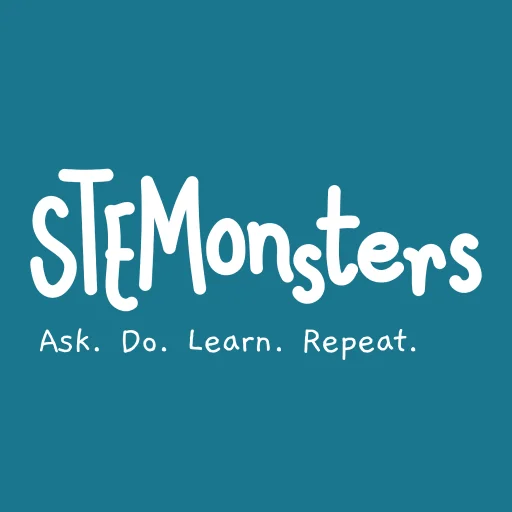The COVID-19 pandemic was a stark reminder of how a single virus can impact the entire world, leaving the scientific community in a race against time. But if history teaches us anything, it’s that human resilience and ingenuity shine brightest in the face of adversity. The story of vaccines is one of the greatest examples of this, and it begins long before our recent crisis.
The Ancient Roots: A Glimpse into the History of Vaccines
Over 500 years ago in China, a remarkable observation was made: people who survived the deadly disease of smallpox never got infected with it again. This led to an early form of inoculation. They would take the dried scabs from someone with a mild case, crush them into a powder, and blow it into the nostrils of a healthy person. While the method was rudimentary—they even blew it into the right nostril for boys and the left for girls to “balance” the science—the core idea was revolutionary. They were trying to transfer protection.
Today, we understand this protection as immunity, the incredible ability of our body’s immune system to identify and destroy foreign invaders like viruses and bacteria.
Edward Jenner and a Leap Forward in Public Health
Fast forward three centuries and thousands of kilometers away to an English cattle farm, where a physician named Edward Jenner made a similar connection. He noticed that milkmaids who contracted a mild disease called cowpox seemed immune to the far deadlier smallpox.
Acting on this insight, he developed what is now considered the first modern vaccine. By using the cowpox virus, he created a safe and reliable method to protect against smallpox. This small observation led to such a radical change in medical science that the world has not seen a single natural case of smallpox since 1977, a monumental achievement in public health.
The importance of vaccination has been just as transformative in India. As a tropical country, its warm climate can be a breeding ground for many diseases. For decades, polio was a crippling illness that could paralyze or kill. India battled it fiercely, and thanks to an extensive and relentless immunization drive, the nation was officially declared polio-free over a decade ago. This success story is a powerful testament to what vaccines can accomplish.
So, How Do Vaccines Actually Work?
It’s crucial to understand that vaccines are not medicine that cures an existing disease. Instead, they are for preparation and protection.
Think of it like having secret intelligence before a mission. If you were playing rock-paper-scissors and knew your friend’s next move, you could counter it every time. A vaccine gives your body that same kind of “intelligence” about a dangerous microbe.
When a vaccine introduces a harmless piece of the virus or bacteria (or the genetic instructions to build that piece), it teaches your immune system what the enemy looks like. Your body responds by creating “memory cells” and antibodies without you ever having to get sick. If the real, dangerous microbe ever attacks in the future, your immune system recognizes it instantly and launches a rapid, powerful defense, preventing the disease from taking hold.
The Modern Era: Speed, Safety, and Vaccine Development
Preparing a vaccine has historically been a long process. The polio vaccine, for example, took scientists over 20 years to develop.
Fortunately, rapid advances in molecular biology and DNA sequencing have dramatically accelerated the vaccine development timeline. The global response to the COVID-19 vaccine is a prime example. Scientists around the world developed safe and effective vaccines in under a year—a feat once thought impossible.
This incredible speed was possible thanks to decades of prior research and new platforms like mRNA vaccines. We saw the rollout of multiple successful vaccines, including those from Pfizer-BioNTech (USA/Germany), Moderna (USA), and AstraZeneca (UK/Sweden), alongside India’s domestically developed Covaxin from Bharat Biotech and the locally manufactured Covishield. India even played a pivotal role in global supply, aiding other nations in their fight against the virus.
The Future of Vaccines: What’s Next?
Winning the battle is one thing; winning the war is another. While the initial development was a sprint, the focus of vaccine safety and effectiveness is a continuous marathon. The main challenges today are not just scientific but also logistical and social. Scientists are working to create next-generation vaccines that are even more effective, offer broader protection, and are easier to store and distribute.
The goal is to translate brilliant science into low-cost, accessible solutions for everyone on Earth. We will have truly won when getting a routine or seasonal vaccination is as normal and accessible as buying fresh fruit, allowing us to face future health challenges with confidence and resilience.
Learn More:
- https://pmc.ncbi.nlm.nih.gov/articles/PMC8386248/
- https://www.frontiersin.org/journals/public-health/articles/10.3389/fpubh.2023.1326154/full
- https://www.genome.gov/about-genomics/fact-sheets/Understanding-COVID-19-mRNA-Vaccines
- https://publichealth.jhu.edu/2021/the-long-history-of-mrna-vaccines
Footnote: The development of vaccines is a cornerstone of biomedical science and immunology. The research studies behind them showcase a robust research methodology, combining historical qualitative research (like Jenner’s observations) with modern quantitative research from clinical trials. Advances in biotechnology and molecular biology have accelerated this process, with findings regularly published in leading international journals and other scholarly sources. For any scholar in a STEM field, the story of vaccines is a powerful example of how scientific research translates into life-saving public health outcomes.

